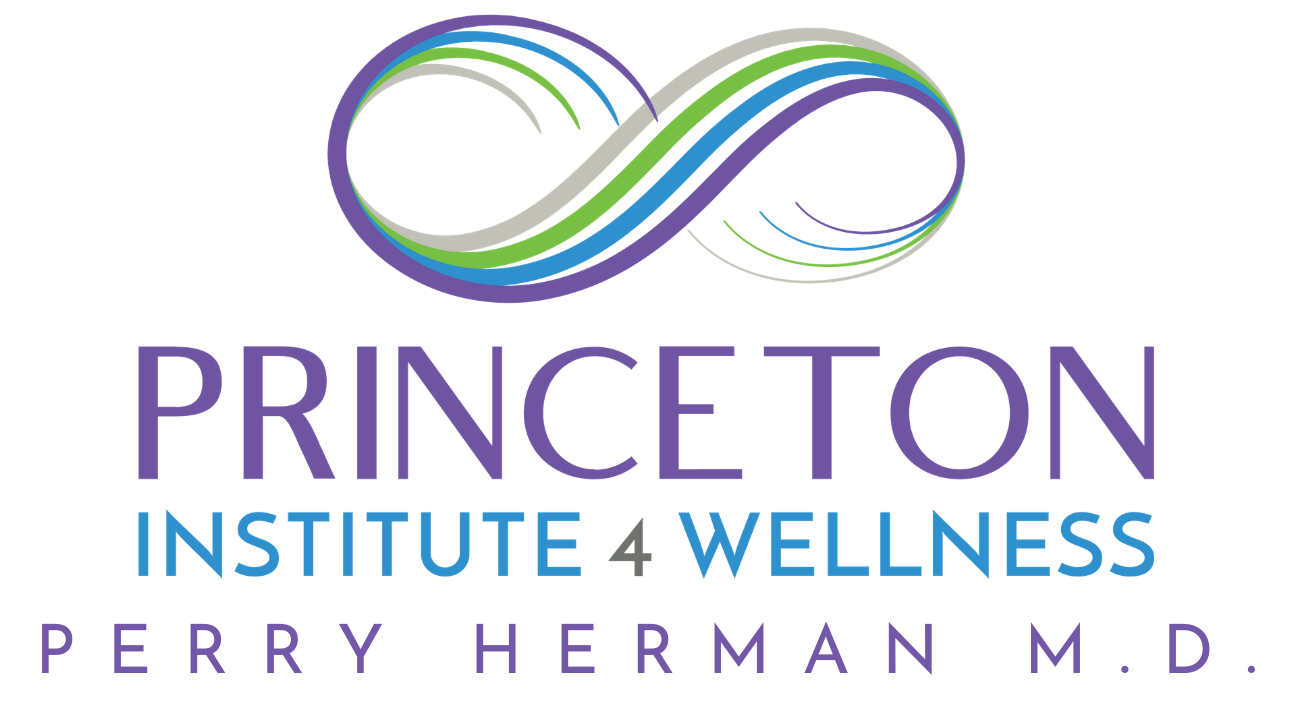DNA and Personalized Medicine is Transforming Health Care
Dr. Herman specializes in the new science of Genomics, which is the study of all genes at the DNA level as well as the tissue and cellular level. Dr. Herman also specializes in Nutrigenomics, which is the evaluation of genetic material to discern health foods impact genes and how those genes express themselves positively or negatively. Insomnia, fatigue, distractibility, irritability and anxiety may be caused by allergies or food sensitivities. A genetic study and food tolerance processing provide Dr. Herman with the information needed to create a personalized diet that encourages healthy eating, disease control and decreased symptoms.
Surprising advances in gene research and data evaluation are predicting disease and providing tailored treatments for patients. Recent stories in the news have caught the attention of the world and are encouraging scientists to consider personalized medicine based on DNA studies and algorithms. Dr. Herman in Plainsboro, New Jersey is a Physiatrist, whose medical expertise extends beyond traditional medicine to includes genetic technology and evaluation, and he provides patients with personalized treatment.
Genomics: Teresa’s Story Overcoming Breast Cancer
The January 2019 National Geographic magazine shares the story of Teresa McKeown’s introduction to precision or personalized medicine through her surgeon, Jason Sicklick. Teresa received the disturbing news that aggressive cancer had returned stronger than before. It had been twelve years since she entered remission following a persistent battle with stage three breast cancer involving a double mastectomy and an intense regimen of chemotherapy. Now, the disease had returned but this time chemotherapy failed.
Teresa McKeown sat in her living room chair, day after day, too exhausted to move. She began writing in four journals, one for each for her three grown children and one her loving husband. It took all of her strength to write thoughts about their future while struggling to believe that she would live past this battle. As tumours in her bowel restricted her ability to eat, she became frail, lost weight and weighed only 98 pounds.
Teresa had surgery to remove the blockage. With deep concern, she asked her surgeon if you knew of any experimental options that could buy her more time. Surgeon Jason Sicklick was also the co-leader of Precision, which is personalized medicine. This new approach holds possibilities for cancer treatment and could transform the way traditional medicine is practiced. Personalized medicine avoids lumping patients under broad categories of disease and instead seeks tailored prevention, diagnosis, and treatment that is based on individual biochemical makeup. Teresa McKeown joined the I-PREDICT precision cancer study at the University of California, San Diego-affiliated Moores Cancer Center.
The I-PREDICT treatment is individualized based on the DNA in each patient’s cancer cells. A computer uses unique algorithms to score data on thousands of gene variants along with hundreds of anticancer drugs using millions of drug combinations to determine the treatment that best targets abnormalities in the tumours. The computer may determine that new immunotherapy should be used. It may choose old-line chemotherapy, drugs that are specifically approved for cancer or hormonal therapy.
Oncologist and director of the Moores Center for Personalized Cancer Therapy, Razelle Kurzrock, explained, “It’s a very simple principle, you pick the right drugs for each patient based on the tumour profile, not based on a part of the body or based on what type of cancer 100 other people have. It’s all about that patient sitting in front of me.”
Teresa’s cancerous tumours were riddled with altered mutations. Kurzrock shared, “These are the kinds of patients we used to hang our heads and feel sorry for, but they’re among the best candidates for a new class of immunotherapies called checkpoint inhibitors.” I-PREDICT connected Teresa with nivolumab, which is an inhibitor that was not approved for breast cancer but was approved for kidney cancer, advanced melanoma and certain lung cancers.
Nivolumab, the drug chosen for Teresa, prevents tumour-made proteins from binding to immune cells and shutting them down and thus enables the patient’s immune system to fight cancer. The drugs prevented tumour-made proteins from binding to Teresa’s immune cells and overpowering them. Teresa’s ability to fight the disease was restored and the activated immune cells attacked and destroyed multiple mutations. After two drug infusions, the tumour markers in Teresa’s blood decreased by more than 75 per cent. Just four months later further tests detected there was no longer evidence of cancer.
Teresa shared how grateful she felt, “I love this whole notion of individualized medicine. I love that they’re figuring out what’s causing that mutation and how to target it, as opposed to chemo that’s so disruptive across the board. Can we just get there faster?”
Dr. Herman MD treats each patient utilizing a customized plan providing medical care and holistic therapy. He also uses genomics and adjusts his patients’ treatments to match small variations in their genes. Using insight into the inner workings of their genetic makeup, Dr. Herman can view how the genes interact with each other and with the environment.
DNA and Genomic Testing
Genomic testing starts with the collection of DNA, which is analyzed in a CLIA lab by a certified CAP. Each gene is scientifically reviewed to determine modified outcomes. This data provides a personalized blueprint. This information allows Dr. Herman to create an individualized plan for each of his patients. Gene testing allows Dr. Herman to base his treatment plans on your internal interactions rather than on symptoms and medical diagnosis alone.
Dr. Herman bases each treatment plan on your medical history, current health and DNA testing, which allows him to see the genetic origin for the sickness or disease. DNA testing allows the team at Comprehensive Sports, Spine and Pain Management to gain a customized perspective that produces an individualized treatment plan, which may include:
- Dietary changes
- Alternative therapy: Meditation, visualization, acupuncture and exercise
- Active physical therapy: Stretching and exercise
- Passive physical therapy: Heat or ice
- Topical treatments
- Medication
- Massage
- Intervention medicine to reduce inflammation
Dr. Herman recognizes the importance of utilizing DNA as a roadmap to rewrite your story and provide a life-changing tool to transform your future and reverse sickness. Personalized medicine flips the script on traditional medicine. Rather than offering blanket recommendations for groups of individuals based on diagnosis or symptoms, personalized medicine recognizes molecular characteristics and creates a medical plan that treats the individual.
The DNA sequencing, cellular programming, gene editing, and science and technology are making it possible to predict the risk of cancer, heart disease, and other ailments years in advance so that they can be avoided. Dr. Herman is using technology to create dietary plans that help individuals to overcome ailments and prevent sickness. To learn more about genetically personalized medicine, contact Dr. Herman at 609-655-1500 or make an appointment online.






